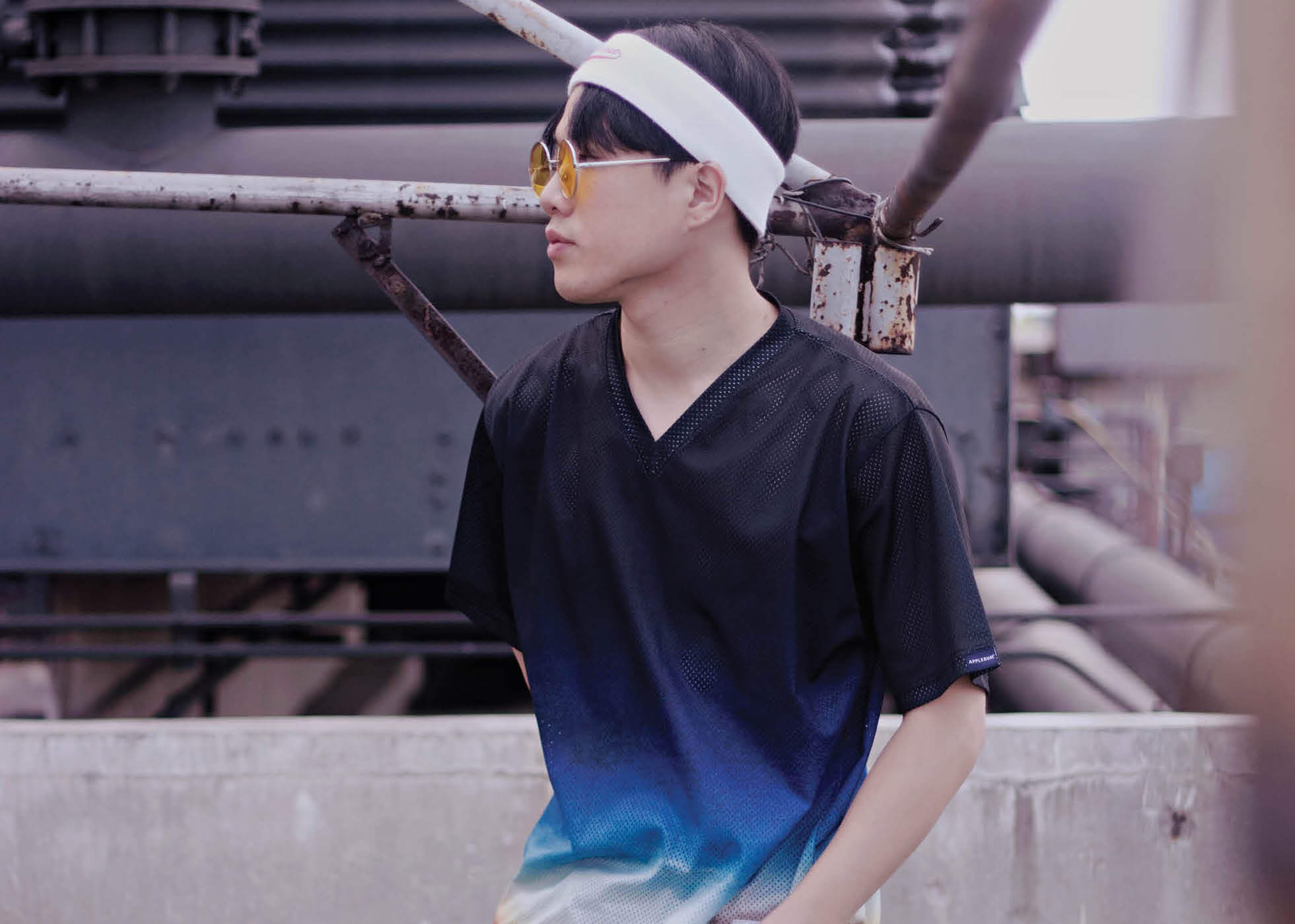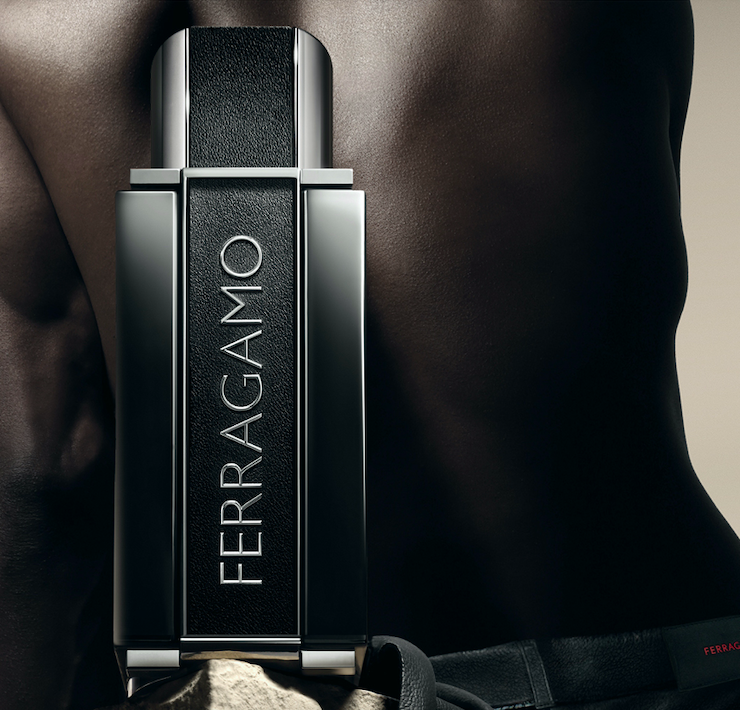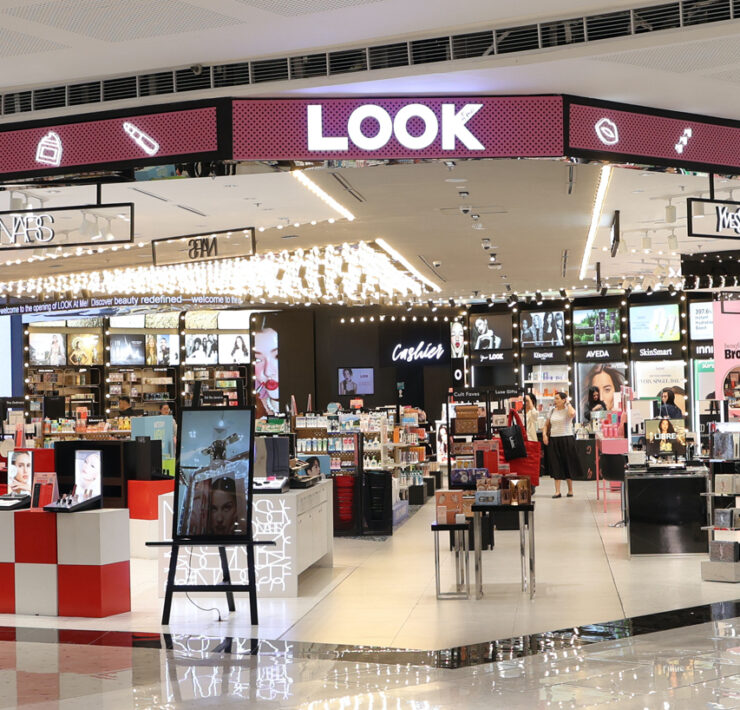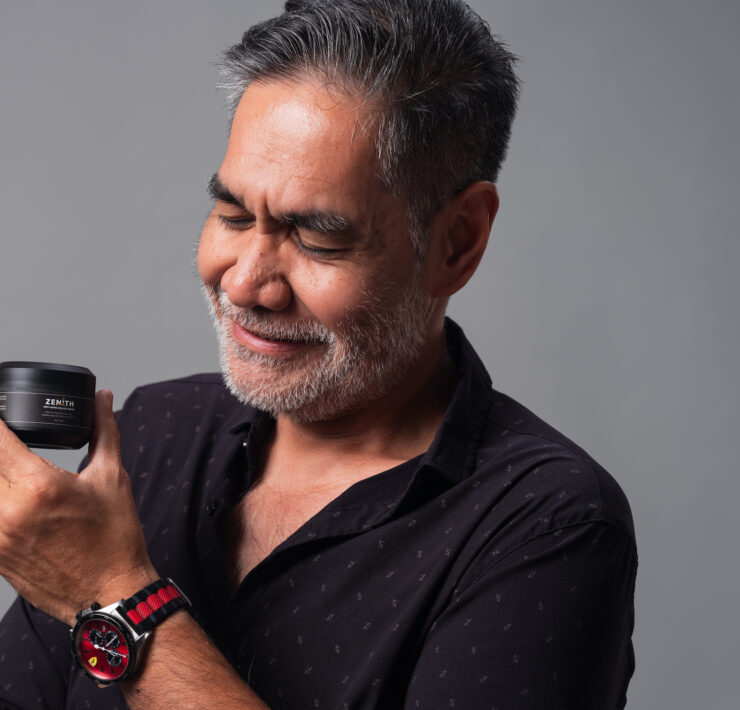Much ado about sunblock and sunscreen
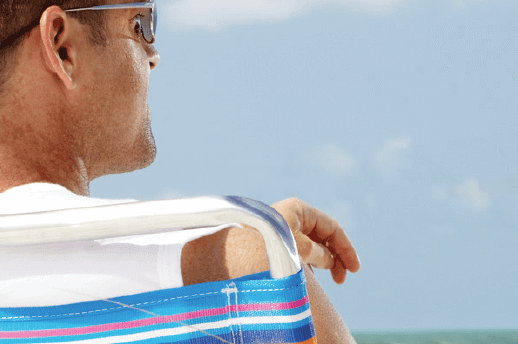

Summer remains one of the most anticipated seasons of the year. Just like waiting for a favorite relative’s visit, the thought of summer coming our way gets us all giddy for planned trips at the end of the school year or a hard-earned work-free vacation. Jackets get tossed over for board shorts, tank tops, and flip-flops, signaling the return of everyone’s much-awaited time at the beach.
The resurfacing of the summer sun, though can definitely be both a boon and a bane. While exploring and spending time with family and friends is more fun during summer, we all know that during this season, our skin gets dehydrated more easily with every passing minute we spend exposing it to the overwhelming heat. Thus the need for protective measures that can be bought over the counter.
That’s where sunblock, sunscreen, and all those other stuff we rub onto our skin just because we think they’ll prevent us from getting sunburnt, get into the picture.
Sunblock is a general term we commonly call those skin-friendly products that allow us to be worry-free vacationers. But when talk about sunblock rises, it is surprising how we commonly mistake them as sunscreen, as if the difference between the two isn’t glaring enough for them to be interchanged or be considered one and the same. And it doesn’t stop by just describing one as the product that blocks and the other, the one that screens.
The two function primarily as protection from the harsh effects of the sun. Sunblock protects us by putting up a wall that blocks the rays from penetrating your skin. This particular product has ingredients that deflect UVB light before it penetrates the epidermis; UVB is an ultraviolet radiation produced by the sun and is the cause of sunburn.
Sunscreen, on the other hand, allows the UV rays to reach your skin. It absorbs just a certain range of ultraviolet light.
Another thing one should keep in mind: reapplying sunscreen doesn’t do the magic. Unlike sunblock that can be layered on for added protection, sunscreen will not be absorbed properly if rubbed on top of an old one. It will only be effective if the previous layer of sunscreen is removed. Intense perspiration and water can wash off sunscreen so reapplication is effective only when skin is dry.
Tip: Before going off to skincare shops and drugstores, bear in mind that to find a true sunblock, scan for items on the shelf that have ingredients such as titanium dioxide or zinc oxide. Titanium oxide aids in providing protection from UVB and short UVA radiation while zinc oxide is best known for its healing and antimicrobial properties.
While summer means freedom, fun and merriment, it is also the signal for added skincare vigilance. Let this be the season we say goodbye to stress but never to a good, healthy skin.








